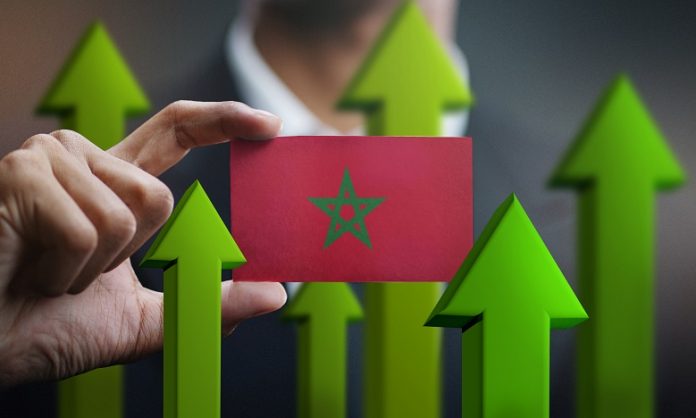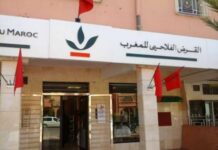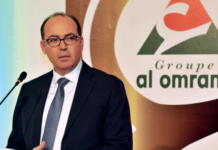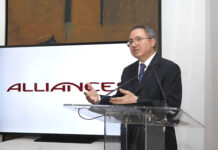Morocco is poised for a pivotal leap in its economic journey. According to BMCE Capital Global Research (BKGR) in its annual “2024-2025 Strategy” report, the country is set to achieve a robust growth rate of 3.9% in 2025. This anticipated upswing is attributed to significant advancements in value creation, underscoring Morocco’s economic resilience and its commitment to transformative reforms.
Echoing this optimism, Bank Al-Maghrib projects a 3.6% growth rate in 2025, followed by a similar 3.9% in 2026. Despite uncertainties tied to the agricultural sector, these forecasts reflect Morocco’s capacity to weather external shocks, bolstered by a proactive, forward-looking strategy. Beyond just recovery, the nation is laying the foundation for sustainable and inclusive growth through structural projects and strategic investments.
Hosting the 2030 FIFA World Cup could be a game-changing milestone for Morocco. Beyond the immediate economic boost, the event is expected to drive long-term benefits, including an annual GDP increase estimated between 0.5% and 1%. Moreover, Morocco aims to attract over $5 billion in foreign direct investments (FDI) annually by 2030. Over the next two decades, this momentum could potentially mobilize more than $300 billion, firmly establishing the nation as a regional economic hub while aligning with the goals of Morocco’s New Development Model.
On the domestic front, the government is implementing targeted reforms to address socio-economic challenges, particularly focusing on enhancing purchasing power. The 2025 Finance Bill includes significant changes to income tax policies, such as raising the tax-exemption threshold to 40,000 dirhams and lowering the marginal tax rate. These measures are designed to stimulate domestic consumption, a key driver of economic growth, while easing the tax burden on households.
Globally, the economic backdrop offers Morocco promising opportunities. The OECD predicts a global growth rate of 3.3% in 2025, with inflation expected to ease to 3.8%. These conditions create a favorable environment for Morocco to expand its exports and strengthen partnerships with key markets like the United States and the Eurozone.
To tackle unemployment and mitigate the impact of drought on agricultural jobs, Moroccan authorities are committing to massive investments in high-potential industries. The country’s recovery strategy hinges on an integrated approach, combining tax reforms, domestic demand stimulation, and heightened investment efforts to secure inclusive and resilient growth.
As 2025 approaches, all signs point to Morocco reaching a turning point in its economic trajectory. With ambitious reforms, transformative projects, and a clear vision for sustainable development, the Kingdom is well-positioned to solidify its role as a regional leader. This promising outlook could translate into lasting economic gains that will benefit future generations.





